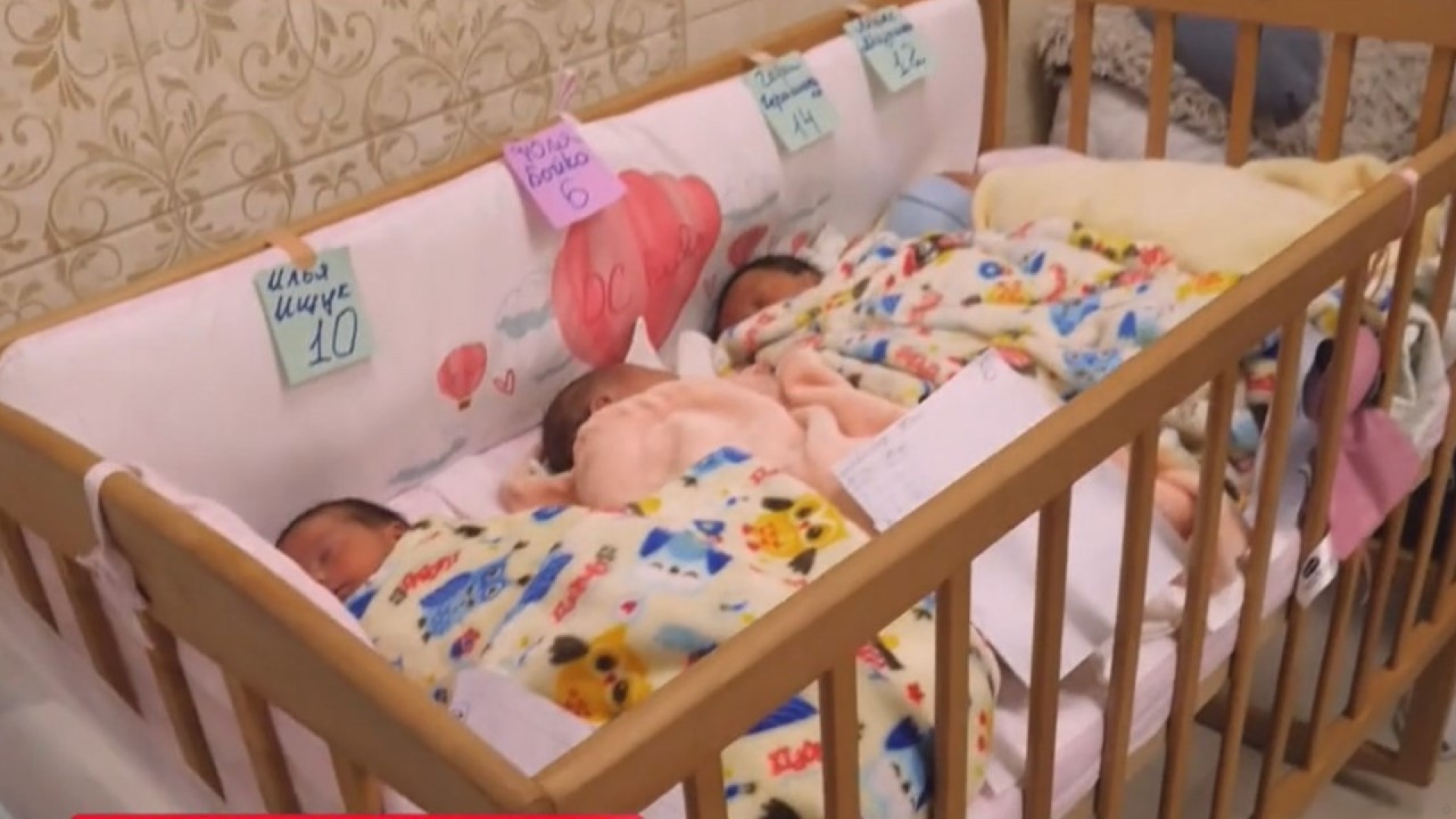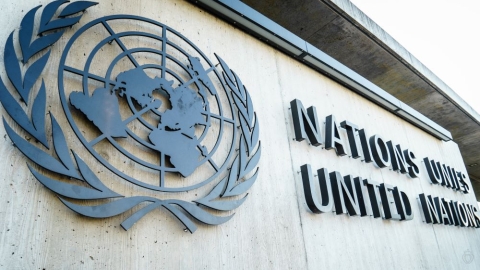The War in Ukraine Illustrates the Horror of Surrogacy

The conflict in Ukraine is throwing a spanner in the works for proponents of surrogacy, acutely illustrating the conflicts of interest between surrogate mothers, requesting parents, and commercial agencies who fear to see a business as despicable as it is lucrative collapse.
One tragedy can hide another. While cameras around the world are focused on the human and material damage caused by the war in Ukraine, another ordeal is being played out in silence: that experienced by surrogate mothers trapped in surrogacy.
To grasp what is at stake, it should be borne in mind that Ukraine is one of the rare countries to authorize foreign couples to resort to so-called surrogate motherhood on its soil. In a few years’ time, the country has become, since 2015 and the gradual closure of surrogacy to foreigners in Thailand and India, a preferred destination for this practice.
The cost is estimated between 40,000 and 60,000 euros, with a range of varying services that and can go so far as the choice of the sex of the child. Several dozen French couples make the trip each year.
But for the filiation to be recognized by the Ukrainian authorities, it is imperative that the applicants physically go there. And this is where the infernal machine seizes up.
Indeed, as a direct consequence of the conflict in Ukraine, many foreign citizens who resort to surrogate motherhood – between 2,000 and 4,000 children are born each year in this context in the country, according to imprecise estimates – today find themselves in the impossible situation of being unable to join their newborns, but also of obtaining civil status documents allowing their filiation to be recognized.
While the military tension is high in the place, customers have been harassing the Ukrainian surrogacy agencies to obtain information on the proper application of their commercial contract. Agencies that have no intention of seeing the tidy sum promised to their traffickers slip away...
In these conflicts of interest, surrogate mothers and their children are the first victims: since they must necessarily remain in Ukrainian territory until the end of their pregnancy.
It was then that the stories multiplied of women abandoned under the bombs just after giving birth, their newborns being torn from them by the medical profession, in order to bring them to safety, in the west of the country, where the future “parents” may be able to visit.
Thus, BioTexCom, a famous surrogacy agency in Ukraine, focuses mainly on the safety of babies, without regard for the mothers who carried them for nine months.
The Ukrainian conflict thus illustrates in a clear and unexpected way the serious ethical consequences of surrogacy which had already been widely denounced by the defenders of life and natural morality: commodification of the baby, objectification of women, human trafficking, and an offense against the human dignity of the surrogate mother and the child.
At an age of extreme vulnerability, where dependence on others is total, the child is born without any parent. Surrogacy also has psychological repercussions for the child and the surrogate mother.
Studies show – and it is obvious – that during pregnancy, a mother and her child create intimate bonds. With surrogacy, the child, and the mother who carried him for nine months, experience the trauma of separation and abandonment. War only aggravates this suffering.
(Sources : Euronews/Institut européen de bioéthique – FSSPX.Actualités)
Illustration : capture d’écran © euronews





